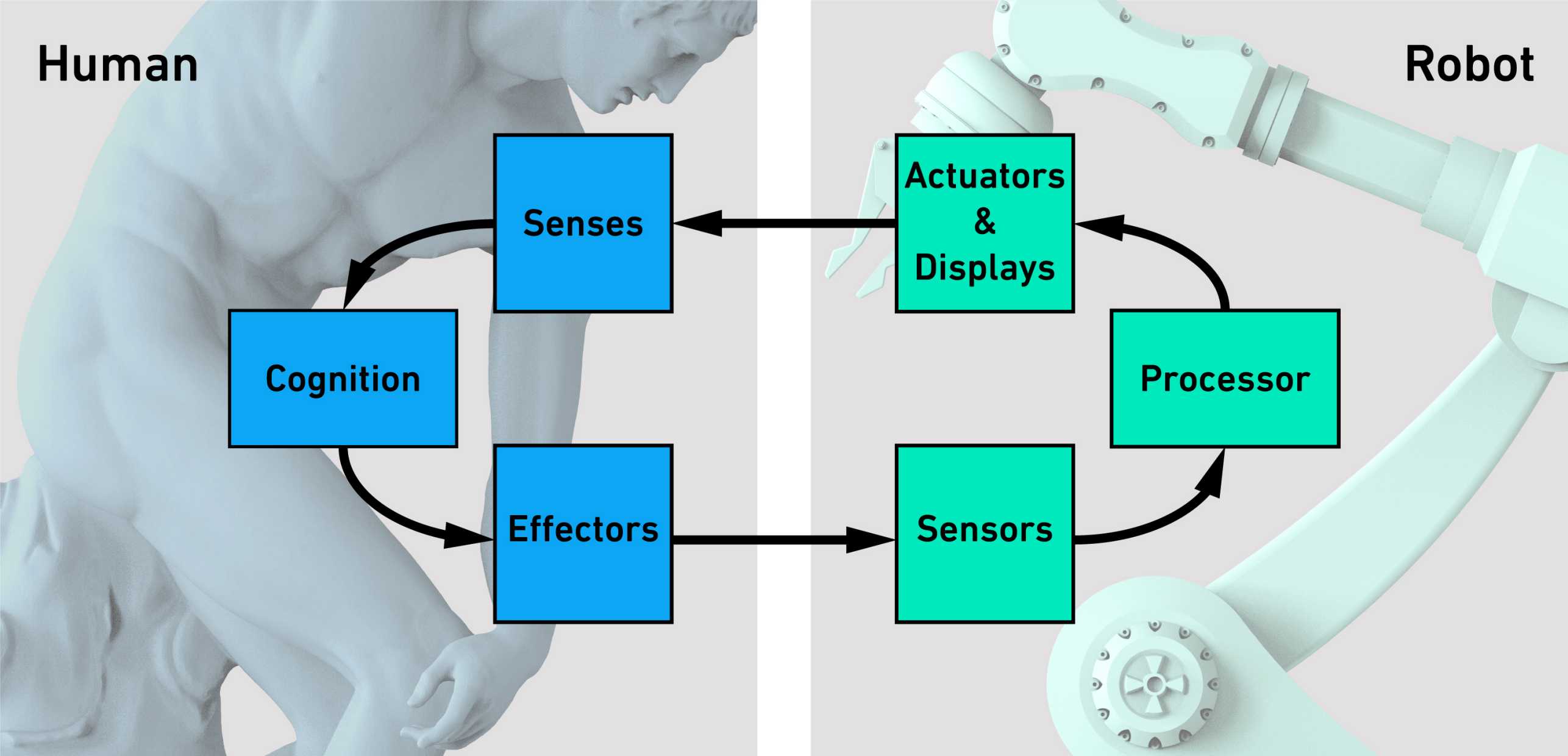Research
Investigate Sensory-Motor Systems
We investigate the sensory-motor actions in and interactions between humans and machines. Human sensors (receptors) record the physical state of the human body and the surrounding environment. Sensory information is perceived by the human central nervous system. Human cognition is required to interpret the perceived information and generate a motor reaction. Similarly, in machines technical sensors detect the state of the machine and its environment. Sensor data is processed in order to drive actuators and displays. Human and machine can interact with each other via their sensory and motor channels.
The research of the Sensory-Motor Systems Lab focuses on the study of human sensory-motor control, the design of novel mechatronic machines, and the investigation and optimisation of human-machine interaction. Main application areas are the fields of rehabilitation and sports.
Prove and Improve Rehabilitation
Patients with spinal cord or brain injuries, orthopaedic lesions, or age-related disorders often require extensive rehabilitation therapies to improve their sensory-motor state and activities of daily living. Rehabilitation is one of the neglected medical fields, where a scientific basis of the applied treatments is often lacking, and even serious evidence for the efficacy of a particular treatment can be absent. Recently, new technologies have become available, which have the potential to closely follow the time course of patient recovery, lessen the burden of physiotherapists, and allow new treatment approaches that have not previously existed. We exploit these new technologies and develop new approaches in order to prove, and improve, the therapeutic efficacy of novel rehabilitative treatments.
Patient groups who can benefit from improved rehabilitation are mainly paraplegics, tetraplegics, hemiplegics and patients with shoulder pathologies.
Multi-Modal and Cooperative Techniques
Our research focuses on the investigation of the neurological and biomechanical principles of human motor control, motor learning, and movement restoration. We develop multi-modal and user-cooperative techniques to investigate these principles and use them for the rehabilitation of subjects with movement disorders. Multi-modal means that the subject is presented with the maximum amount of information by exploiting visual, acoustic, tactile, and kinaesthetic sensor channels. Cooperative means that the technical system takes into account the subject's effort and intention rather than imposing any rigid and inflexible strategy. Multi-modality and cooperativity have the great potential to improve the therapeutic effects compared to conventional rehabilitation strategies and to optimize movement learning in sports.
